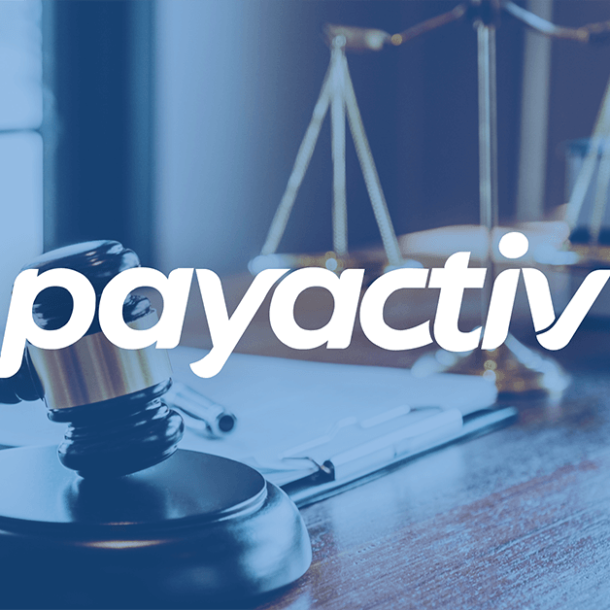
The Importance of Customizing Employee Benefits to Meet the Needs of Your Veteran Employees
- Veterans bring valuable qualities to any organization.
- Employees with military backgrounds often have different sets of needs and expectations.
- A customized employee benefits strategy can attract veterans and help them grow and develop.
Thousands of US citizens transition from military careers to civilian life every year. Many seek out new careers in the general workforce. As we approach National Hire a Veteran Day, let’s explore why offering diverse and customizable employee benefits catered to veterans’ unique circumstances makes business sense.
Why More Employers are Hiring Veterans
Former service members have much to offer employers. Their military training and background equip them to handle the modern business world. The Department of Labor states in its Guide to Hiring Veterans that veterans generally:
- Are creative problem-solvers with integrity.
- Have a mission-oriented approach to work.
- Are agile self-starters who perform well under pressure.
Veterans are also generally well-educated: 95% have a high school diploma, and more than a third have a Bachelor’s degree or higher. They’re also renowned for being good team players. Working cooperatively with others toward a common goal is a quality instilled by military service, and vets carry this over into their workplaces.
Veterans are experienced in meeting deadlines and following processes and protocols. They’ll generally only need to be given instructions once and will retain that knowledge to execute a project.
Accountability is another widely acknowledged trait of veterans. In the military, making mistakes can have potentially deadly consequences, so veterans are committed to taking responsibility for their actions and behavior.
Customizing Your Employee Benefits Strategy for Veterans
Employee benefits must support the complete employee — at work, in their personal lives, and at different life stages. To recruit or retain veterans, it’s important to understand their unique challenges and find ways to support them throughout their careers. Let’s take a look at some of the best employee benefits for veterans:
On-Demand Pay & Financial Wellness
Offering on-demand pay benefits, like Payactiv’s Earned Wage Access (EWA), to veterans is critical. Veterans often face unique financial challenges as they transition from military service to civilian life. Providing them with the option to access their earned wages on-demand can help alleviate financial stress, avoid costly loans , and support their overall well-being as they navigate post-military life.
On top of on-demand pay, access to day-to-day financial wellness tools that can help with saving and budgeting, on top of accessing 1:1 financial coaching and financial learning resources.
Clear Salary Structure
Military pay is somewhat complex: service members receive a basic salary and multiple allowances, including the Basic Allowance for Housing (BAH) and Basic Allowance for Subsistence (BAS). If you’re considering hiring a veteran new to the civilian workforce, talk them through your company’s salary structure. Explain all taxes, deductions, and potential bonuses.
Emotional Well-being
Veterans have a higher instance of PTSD than the general population, and up to 30% of vets experience this condition. Instead of shying away from this, make veteran support a fundamental part of your employee branding. Ensure your employee assistance program includes dedicated resources and confidential assistance for veteran employees who may be adjusting to civilian life or struggling with emotional, behavioral, and mental health conditions.
Personalized Financial Tools and Support
Financial matters are often top concerns for former service members and their families. Consider offering free financial tools and coaching on retirement planning, money management, and debt to help vets work toward a more secure financial future.
Mentoring Programs
Military life is highly structured, unlike the more relaxed, collaborative atmosphere of the modern workplace, and some vets may need some help acclimatizing. A mentoring program can help make the transition smoother. If your team has ex-service members, appoint them as your new hires’ mentors or “Veteran Buddies.”
Career Advancement Opportunities
To support veteran employees pursuing opportunities suited to their strengths and goals, consider offering reskilling, training, and educational programs.
Additional Paid Time Off (PTO)
Consider granting veterans additional PTO days to use for VA appointments. This will help them adjust to their new roles and ease their transition back into civilian life.
Recognition Programs
Another way to make your organization a veteran-friendly environment is by honoring veteran employees and military families throughout the year. Make veteran employee recognition part of your company culture. For example, organize community service activities to give back and encourage your workforce to show genuine and sincere acknowledgment and appreciation to veteran colleagues.
A Military Support ERG
Consider establishing a veteran-specific employee resource group (ERG) to give your former service members a space and community just for them. This is also an effective way to provide veterans with dedicated learning opportunities to support their transition.
Get Social
Consider creating opportunities for veterans to forge friendships with their colleagues to help prevent feelings of loneliness as they adjust to a civilian lifestyle; for example, through optional social activities or family-friendly events at the office.
There are many open jobs and too few people to fill them, hampering businesses’ ability to grow, compete, and thrive. One critical talent pool employers should consider recruiting from the military community ̶ many of our separating vets are available and willing to work. If you choose to make hiring veterans a part of your recruitment strategy, be sure that your employee benefits strategy is geared to meet their unique needs.
Get Payactiv for your business
© 2024 Payactiv, Inc. All Rights Reserved
24 hour support: 1 (877) 937-6966 | [email protected]
* The Payactiv Visa Prepaid Card is issued by Central Bank of Kansas City, Member FDIC, pursuant to a license from Visa U.S.A. Inc. Certain fees, terms, and conditions are associated with the approval, maintenance, and use of the Card. You should consult your Cardholder Agreement and the Fee Schedule at payactiv.com/card411. If you have questions regarding the Card or such fees, terms, and conditions, you can contact us toll-free at 1-877-747-5862, 24 hours a day, 7 days a week.
** Central Bank of Kansas City is the issuer of the Payactiv Visa Prepaid Card only and does not administer, endorse, nor is liable for the Payactiv App.
1 Standard rates for data and messaging may apply from your wireless provider.
Google Play and the Google Play logo are trademarks of Google LLC.
Apple and the Apple logo are trademarks of Apple Inc., registered in the U.S. and other countries. App Store is a service mark of Apple Inc., registered in the U.S. and other countries.

